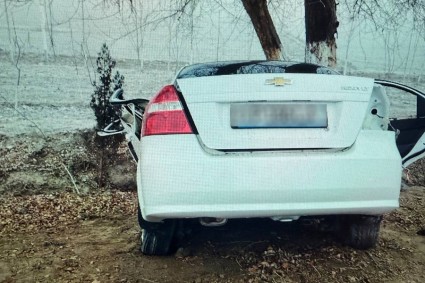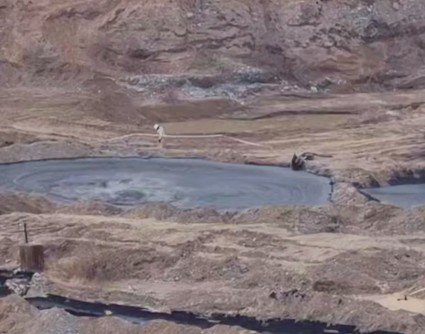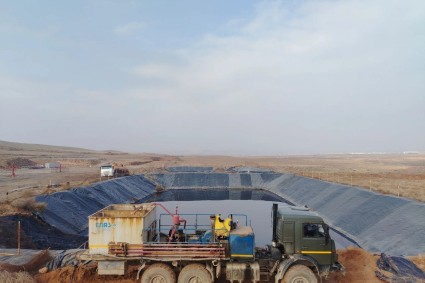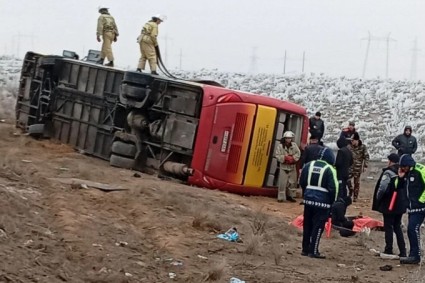The amount of e-waste in landfills in the CIS has grown by half over 10 years, with most accumulated in Russia, Ukraine, Kazakhstan and Uzbekistan.
A study by UN experts showed that over the past ten years, the amount of e-waste in landfills in the CIS countries has increased by almost one and a half times - despite the fact that the volume of imported electronics has practically not changed. Only 3.2% of this waste is recycled, according to the study.
"Recycling of e-waste can bring many benefits to the economies of the CIS countries. For example, in 2019 alone, more than 10 tons of gold, half a ton of rare earth metals, one million tons of iron, 85 thousand tons of copper and 700 tons of cobalt were disposed of in landfills. The value of all these materials surpasses US$ 2.6 billion, "- said one of the authors of the study, a leading researcher at the UN University Kees Balde.
E-waste includes components of electronic devices that ended up in a landfill after becoming obsolete. As a rule, a relatively large amount of gold, lithium, cobalt and other elements remains in such waste, the reserves of which are limited on Earth.
In a new study, Balde and his colleagues looked at the situation with e-waste in 11 CIS countries and Georgia. It turned out that over the past ten years, the volume of imported electronics has remained almost unchanged, but the amount of e-waste that annually ends up in landfills in these countries has grown by almost 1.5 times.
Most of them are in Russia, Ukraine, Kazakhstan and Uzbekistan. Only 3.2% of this waste was recycled, that is, about 79 thousand tons.
There are e-waste processing plants in only four countries - Belarus, Kazakhstan, Russia and Ukraine. Most of them are in Belarus, where about 33% of collected e-waste is recycled. In all other states, this figure is not over 5-10% equals zero.
The situation with recycling of such waste is complicated by the fact that not all CIS countries have developed a legal framework for such a business. In particular, there are no such norms in Armenia, Azerbaijan, Kyrgyzstan, Tajikistan and Turkmenistan.
Balde and his colleagues urge the authorities of the CIS countries to close such gaps and create conditions that would facilitate the observation of the accumulation of e-waste and their recycling. Thanks to this, it will be possible to simultaneously extract all valuable materials from such waste, and protect nature from the accumulation of mercury, cadmium and other toxic substances used in the production of electronics, the scientists concluded.















